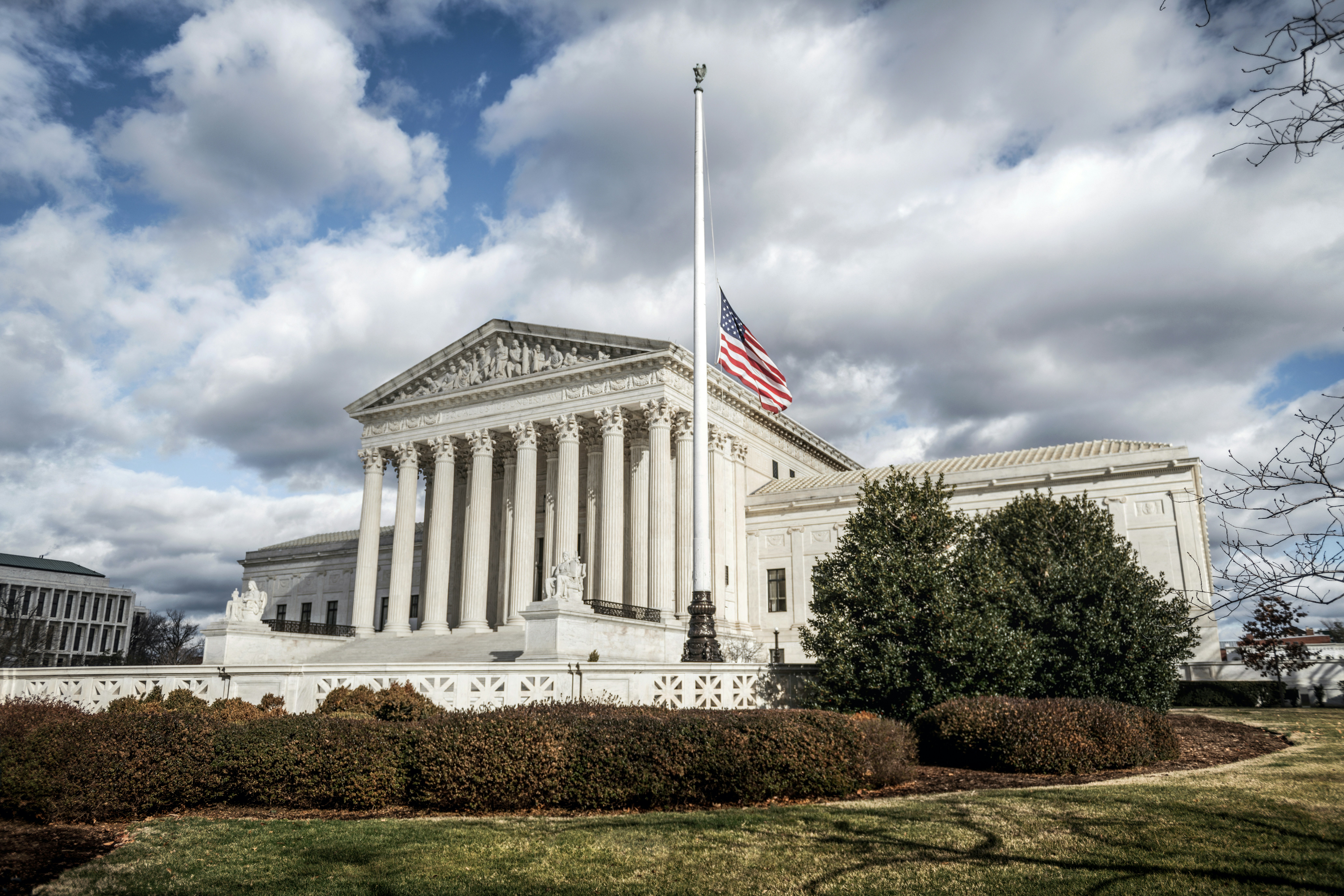The Significance of the First Amendment in the Digital Age
Introduction: In the modern digital era, the interpretation of the First Amendment's guarantee of the freedom of speech is facing unprecedented challenges. This article examines the evolving role of the First Amendment in the context of digital communication platforms and provides an analysis of its implications for society.

The Historical Context of the First Amendment
The First Amendment to the United States Constitution, adopted in 1791, guarantees the freedom of speech, religion, and the press, among other rights. Its purpose was to protect citizens from government interference in their expressions and beliefs. For centuries, it has safeguarded the fundamental rights of individuals, enabling a free and democratic society.
The First Amendment in Today’s Digital Landscape
Fast forward to the 21st century, the rise of digital platforms has drastically transformed how we communicate. Social media platforms, blogs, and other online forums have become the new public square. However, these platforms are owned by private companies, raising questions about the applicability of the First Amendment. Unlike traditional public forums, these companies have the right to moderate content based on their policies, which can sometimes infringe on the freedom of expression.
Recent Legal Developments and Challenges
The intersection of the First Amendment and digital platforms has led to several legal disputes. One notable case is Knight First Amendment Institute v. Trump, where it was ruled that President Trump’s Twitter account constituted a public forum. Another case, Prager University v. Google LLC, challenged YouTube’s right to restrict access to certain videos, arguing it violated the First Amendment. The court, however, ruled in favor of YouTube, stating that the First Amendment does not regulate private forums.
Implications and Impact on Society
These decisions have sparked debates about the balance between freedom of speech and the need to combat misinformation and hate speech online. While the First Amendment protects individuals from governmental censorship, it does not apply to private companies. This raises concerns about the concentration of power in the hands of a few tech companies who can control the narrative and potentially suppress free speech.
Moving Forward: The Future of the First Amendment in the Digital Age
The legal complexities surrounding the First Amendment in the digital age require careful consideration. As society continues to grapple with the balance between free speech and responsible content moderation, the role of the First Amendment will undoubtedly continue to evolve. It is crucial to develop policies that protect the essence of free speech while addressing the challenges posed by the digital era.
Final Thoughts:
The First Amendment serves as a bulwark of our democratic society. As we navigate the complexities of the digital age, its interpretation will play a critical role in shaping our digital public squares. Although the path forward is fraught with challenges, the importance of upholding the spirit of the First Amendment remains paramount.




